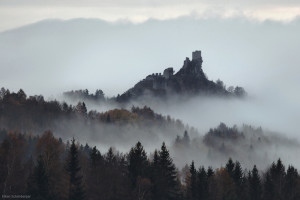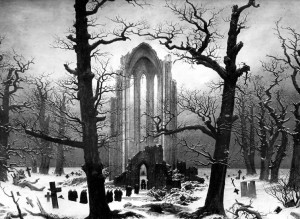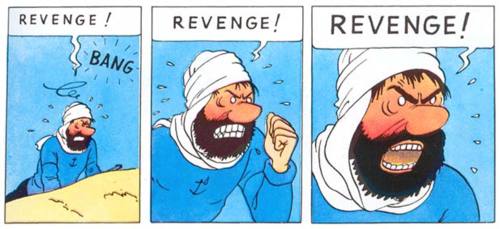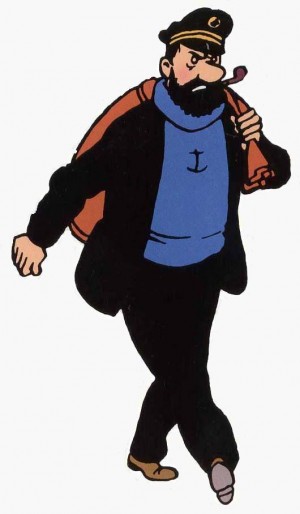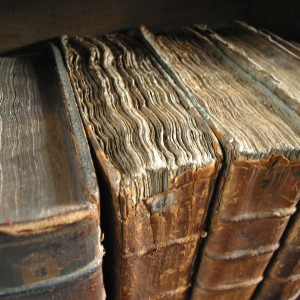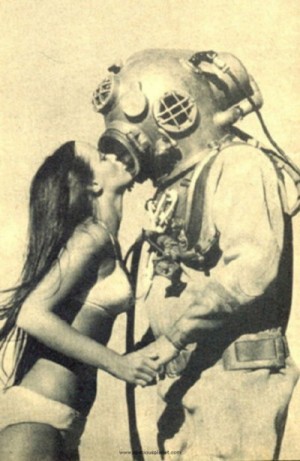
Humbug!
I was always a voracious reader. As a kid, most of my free time was spent reading. Picture books, chapter books, horse magazines, fairy tales; pretty much anything I could get my grubby little hands on. But as I got older, school and friends and extracurricular activities started taking up more of my free time, and my reading time was more and more often confined to bedtime and weekends (heavens forbid). And that’s when I discovered the magical time known as the winter holidays.
Just think–two glorious weeks empty of schoolwork and extracurriculars! Friends off to visit relatives or tied up with family obligations. Shorter days. The winter break was, for me, a series of long, beautiful hours just asking to be filled up with reading. Plus, for Christmas I was guaranteed a pile of new and exciting books just waiting to be cracked open and devoured.
